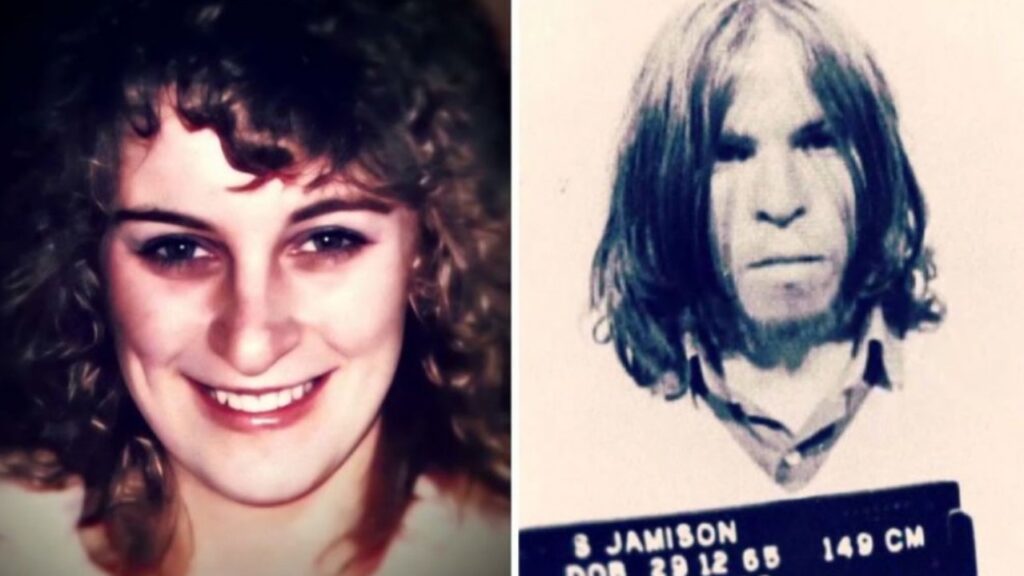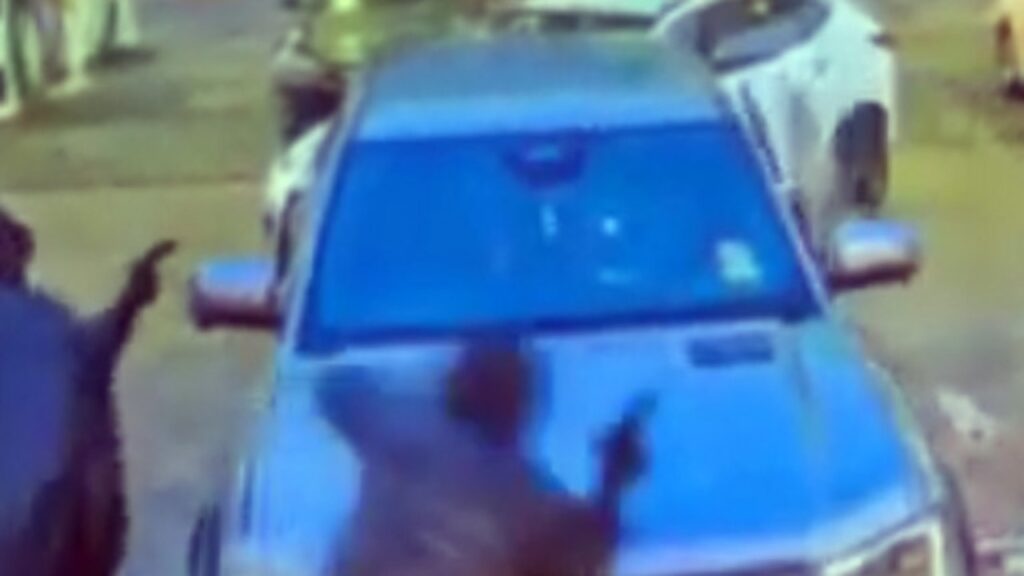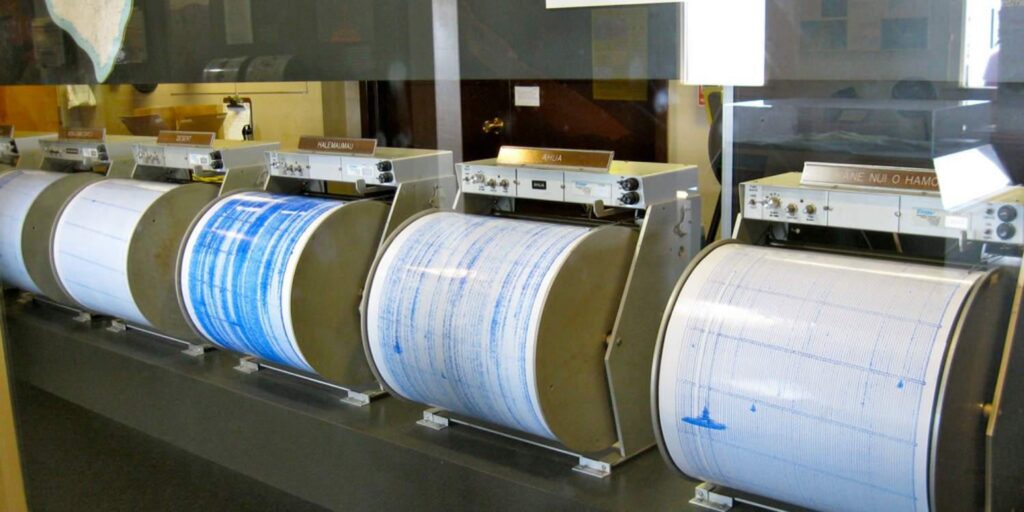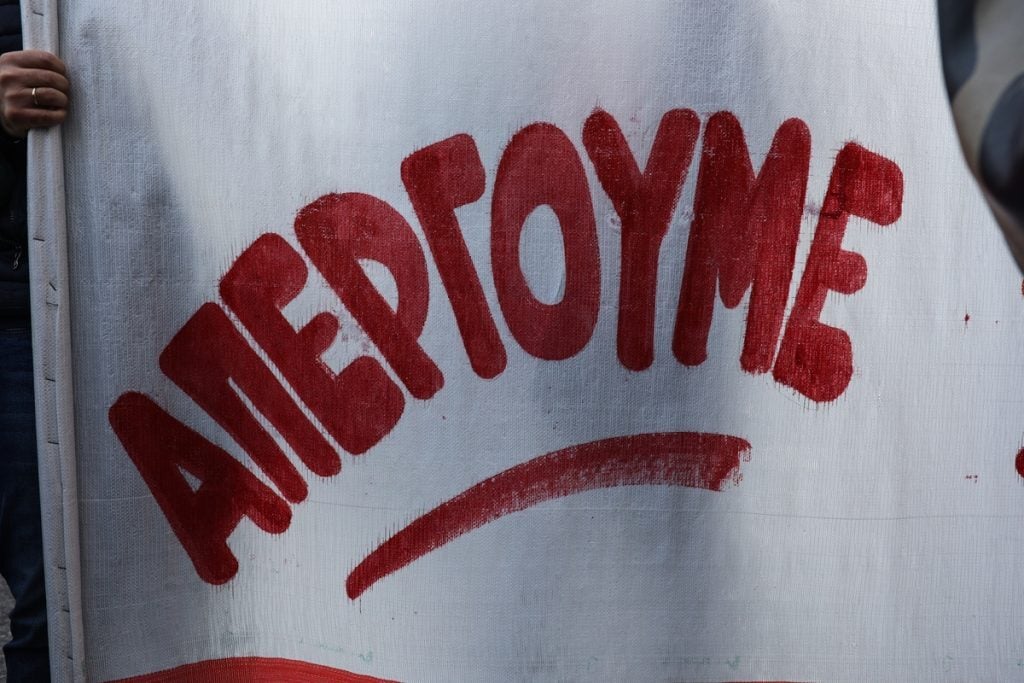‘Extraordinary decision’ in Tyrrell inquest
Written by admin on November 4, 2024
EXCLUSIVE
The detective leading the investigation into William Tyrrell’s disappearance will not give evidence at this week’s inquest into what happened to the missing three-year-old.
In an extraordinary decision, the coroner overseeing the inquest refused a request by the NSW Police Commissioner, Karen Webb, asking for Detective Chief Inspector Detective Laidlaw to be called.
It means he will not be asked to explain why police launched a massive search of the area around Kendall, where William was reported missing in 2014.
Nor will DCI Laidlaw be asked what evidence the strike force he commands has gathered, despite its detectives having said in court they believe William’s foster mother knows where the boy is.
William’s foster mother, who has never been charged over William’s disappearance, had repeatedly denied any involvement in what happened to him, telling the news.com.au podcast Witness: William Tyrrell that police had gone to “great lengths to blacken my character”.
“I believe that if the police had properly investigated this case, instead of persecuting me, they may well have found the person responsible for William’s disappearance,” she said.
Deputy State Coroner Harriet Grahame has declined to release her written reasons for refusing to allow DCI Laidlaw to give evidence.
Her decision also means none of the three senior police officers who have led the police investigation over the past decade will give evidence at the inquest.
That is despite repeated requests from William’s biological and foster parents, as well as other lawyers involved in the case, for them to be called.
The most senior police officer to give evidence so far at the inquest was Detective Sergeant Laura Beacroft, who was on the strike force for about three years until 2018.
During that time, Ms Beacroft was a mid-ranking officer, occasionally acting up as the strike force’s officer-in-charge, reporting to its then supervisor, Gary Jubelin.
The decision not to call Mr Jubelin to give evidence at the inquest meant that Ms Beacroft was forced to answer questions asked about his actions instead.
At the time, Ms Grahame warned against that line of questioning “delving into her speculating what would’ve been happening in Mr Jubelin’s mind”.
Mr Jubelin was sitting in the courtroom at the time, but was not asked to explain his own actions.
Hans Rupp, who led the strike force during the crucial first few months after William was reported missing, has also not given evidence at the inquest.
The senior lawyer assisting the coroner, Gerard Craddock SC, has previously said it may be necessary “in due course” to look at the police “investigation and the decisions that were made … but that is really for the future”.
The inquest into William’s disappearance will resume on Monday after a years-long break during which police shifted the focus of their investigation onto William’s foster mother.
Its last public hearings were in October 2020, with the coroner saying at the time she expected to hand down her findings in 2021, though that did not happen.
In July 2021, DCI Laidlaw told Sky News, “We believe we can identify … the circumstances of [William] going missing”.
That November, hundreds of police officers spent weeks searching an area outside Kendall, on the Mid North Coast of NSW, where William was last seen.
At the time, a senior police commander told media the search was “in response to evidence we have obtained in the course of the investigation, not speculative in any way” and “it’s highly likely that if we found something, it would be a body”.
No body was found.
The then police commissioner Mick Fuller publicly defended the strike force under DCI Laidlaw’s leadership, saying it was one of the “best teams we’ve seen”.
He also confirmed media reports that “there is one person, in particular, we are looking closely at”.
Another detective on the strike force later told a court this was William’s foster mother, saying, “I have formed the view that [she] knows where William Tyrrell is”.
To date, no one has been charged over William’s disappearance, although the strike force did send a brief of evidence to the state’s Director of Public Prosecutions seeking advice on whether to lay charges over his disappearance.
More Coverage
Earlier this year, the police asked the DPP to “suspend its consideration” of this evidence until after the inquest concludes.
The decision not to allow DCI Laidlaw to give evidence at the inquest means he will not now be asked about any of these decisions.
A spokeswoman for the NSW Police Force has said they are unable to comment on the investigation into William’s disappearance due to the ongoing inquest.







